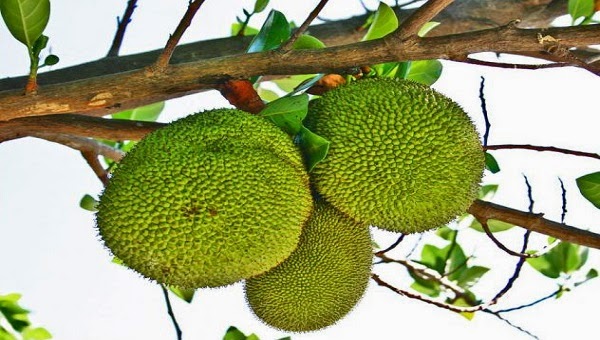On August 30, 1999 the people of East Timor voted for independence from Indonesia. A brutal backlash from the departing Indonesian military killed many people, destroyed roads, schools, and hospitals and left three-quarters of the population homeless.
Today, celebrating the 10th anniversary of the referendum which heralded independence, East Timor continues to struggle to achieve the peaceful and prosperous future the nation hoped for.
We encouraged our country to have independence so our people could have a better life. I know this takes time. We cannot magically make East Timor like Australia or Singapore overnight. We want to develop our own way
Tomas Ato Freitas
Poverty is commonplace in this the poorest country in Asia and its justice and political systems are still to achieve stability.
The struggle continues
We have worked in East Timor since 1989 with many local partners on issues critical to its survival – it remains the poorest country in Asia, and faces many challenges in building health and education systems.
Yet the country has huge potential. Revenues from oil and gas are its biggest source of income, and our partner Luta Hamutuk is working hard to ensure the country’s people benefit from these profitable reserves.
Luta Hamutuk has had many successes keeping a watch on how money is spent - for example, it managed to get a road rebuilt by contractors after proving it was not up to the standards expected for the price the government paid.
Tomas Ato Freitas of Luta Hamutuk, says: “We encouraged our country to have independence so our people could have a better life. I know this takes time. We cannot magically make East Timor like Australia or Singapore overnight. We want to develop our own way.”
Luta Hamutuk monitors government budgets and petroleum revenue to ensure promises made to fund health, education and infrastructure are kept – plus it works alongside local communities to encourage advocacy and campaigning.
Tomas says: “A bank account called the Petroleum Fund was set up to hold funds from the sale of oil and gas for use in social development projects. We are part of a civil society group which monitors this.”
But it is vital East Timor does not rely on oil alone to drive its economy. Janet Gunter, CAFOD advocacy accompanier, says: “You must have two sides of a coin - in this case, a petroleum economy and a growing non-petroleum economy, if a country is to have a stable future.
“Coffee makes up 80 per cent of the non-petroleum economy, and our partner KSI (the Kadalak Sulimutuk Institute – Stream Flow Institute) works with co-operative coffee growers to increase production and protect their land rights.”
Around a century ago, Portuguese governors in East Timor began tightening the noose on small coffee growers - land areas were grabbed from groups classed as “disobedient”, and Timorese were forced to work on large coffee plantations, creating huge inequalities that are still evident today.
The landless population either occupies land for coffee growing or ekes out an existence on marginal land. Even those who have land are forced to take the low prices offered by big coffee buyers attempting to secure the rights to cultivate coffee in colonial plantations.
As one of the country’s wealthiest regions, Ermera is historically also one of the most unequal. KSI is working to make positive changes to a draft Land Law that will determine the future of Ermera’s poor coffee farmers, as well as helping form the Ermera Farmers Union (UNAER) to help coffee growers organise to help each other and represent their interests effectively.
Authors
Source/Cadof
June 12 2012











No comments:
Post a Comment